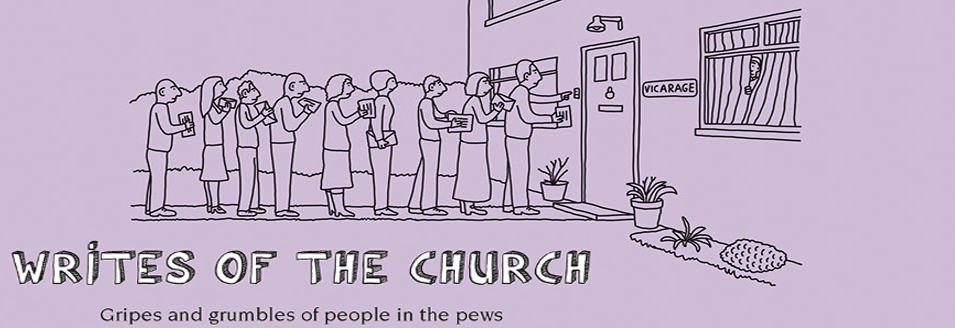Sorry to have one last moan about Giles Fraser, but I think it’s worth it. Not because it’s right always to have a bash at Giles Fraser, but because he’s illustrated a scientific conundrum quite nicely. Again, from his “taking pills for unhappiness” piece. Others have had a right old go on other grounds, but there’s one more thing I didn’t mention last time. Let me quote.
“It is significant that psychoactive drugs were originally developed for other purposes. Drugs such as Thorazine, Miltown and Marsilid were developed in the 50s as ways to treat infections. But they were also seen to have mood-altering side-effects – though scientists had no idea why or how. So, as several writers have pointed out, “instead of developing a drug to fit an abnormality an abnormality was postulated to fit a drug”. Thus we are encouraged to think of our problems in terms of the lucrative solutions to problems we didn’t know we had. In this way, the pharmaceutical companies are responsible for the very conditions they propose to alleviate”
Let’s just apply this to another drug.
Let’s take a drug that is definitely not used for what its original “intent” was. Let’s look at the compound called salicylic acid. It’s a constituent of the bark of willow trees (hence its name – willow being “salix” in Latin). Its primary use, if I can call it that, is in helping trees to resist pathogens.
Just happens that same action has, in human beings, an anti-inflammatory effect. So a natural medicinal use arose – chewing willow bark (or making an infusion of it) to cure headaches and reduce fevers.
A derivative of salicylic acid was made in the lab – acetylsalicylic acid. It’s less likely to cause direct damage than the original, but metabolises down to salicylic acid. It’s called “aspirin”, and it’s one of the commonest, and least expensive, drugs in the world.
Recent investigations of aspirin have revealed that it can have an effect in protecting against heart attacks. Now, on Giles Frasers’ implied criticism of depression drugs, this would be all wrong. Salicylic acid’s main use is protecting trees against pathogens. Aspirin’s intended use was as a pain reliever for headaches and fevers. Clearly, we couldn’t use it for what it’s not intended for – to treat or pre-empt heart problems? Not if we think we can only use drugs for what they are “intended” for.
But this is science. And in science, you deal with what is, rather than what is intended. If aspirin treats heart conditions, you should use if for that. It doesn’t matter if you were trying to cure your headache and you helped your heart – in the same way that somebody discovered that antibiotics can cure some cases of peptic ulcers. The point is, if the drug works, it works. If the drug doesn’t, it doesn’t. That’s what science is supposed to be.
And aspirin is a classic example. If aspirin is an effective method of helping certain heart disease issues (NB I’m not a doctor, and I’m not a very good drug designer – please consult your GP), and if medical scientists identified this and told people about it – and they did – then that’s quite a good counter-example to the Big-pharma-evil-companies-pushing-drugs theory. Because aspirin is way, way out of patent protection. It’s completely generic. Anybody can sell it over the counter, and nobody makes much money out of it. Yet the scientists reported its effects nonetheless.
In science, you look for one thing and you find something else. That’s what sometimes happens. If you’re a good scientist, you don’t fret that you were looking for something else, and you don’t worry about whether you were intending something completely different. You go with the evidence, and see where it takes you.

I hear from other sites that poor Giles has no idea why people have an issue with what he wrote – he thinks the reaction is ‘weird’. Poor chap, having such limited understanding of the world.
LikeLike
Assuming he really was just trying to say we over-medicate – then he may be right. If he thinks that’s because it’s easier to prescribe anti-depressants than dealing with certain groups of people’s problems that should be handled in other ways – then he may have a point.
Shame if that’s what he was trying to say, because it came across as “drugs companies are evil and depression is just being unhappy”. After writing this piece very soon after the article came out, I checked it the following morning because I thought maybe I was being unfair. It read exactly the same in the morning.
LikeLike